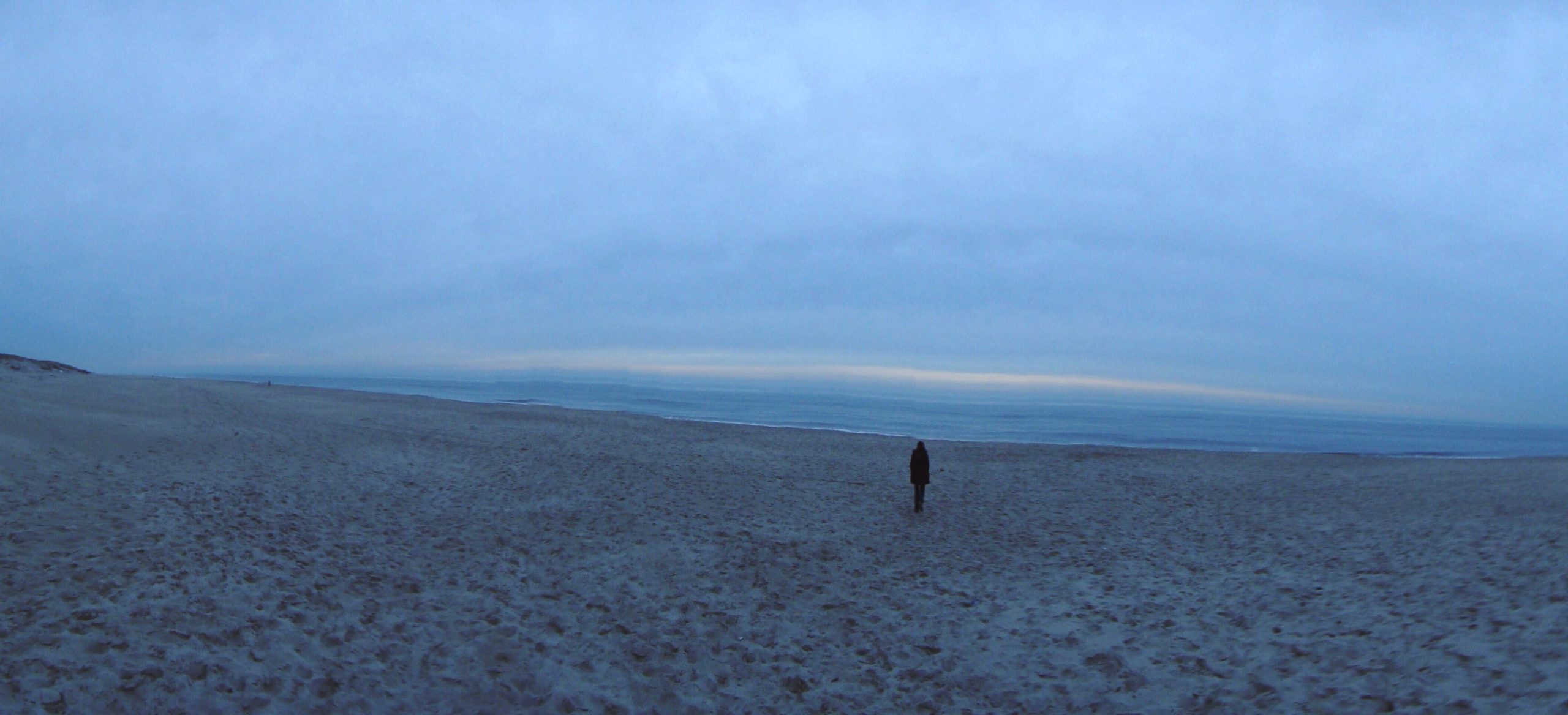“Just as we once knew that infectious diseases killed, but didn’t know that germs spread them, we’ve known intuitively that loneliness hastens death, but haven’t been able to explain how.” Loneliness is a pervasive and dangerous but misunderstood condition. But we’re learning more about how to fight it and what exactly is on the line.
We know that loneliness is a psychological condition similar to depression though it’s not always treated as such. Contrary to expectations, we now know that lonely people often are just as “cool” or have just as much “social capital” as their peers who don’t feel lonely. Lonely people often have good jobs and comfortable lives. Even a having spouse or partner is not a guarantee that you will not feel loneliness.
“Loneliness and negativity strengthen and shape each other in a continuous feedback loop.” People who feel lonely are likely to feel vulnerable or even attacked in social situations where they really aren’t under threat. They often then withdraw from this imaginary danger as a protective mechanism, even further isolating themselves from making potential connections. Escaping this vicious cycle can be overwhelmingly difficult.
The long term effects of loneliness are comparable to smoking. It’s about twice as dangerous as obesity. And its treatment paths are not nearly as clear. Clearly, long term isolation is a big problem that mainly hides in the shadows.
We desperately need human connection and our increased use of the Internet isn’t helping. There are a lot of technologies out there designed to make us feel like we’re having worthwhile connections. From reality TV to dating apps, these stimuli provide only a simulacrum of love and connection, and only end up emphasizing the loneliness itself.
So what can you do to break the cycle if you’re feeling intense loneliness? There’s no simple fix, and knowing that is honestly half the battle. This means you can confidently disregard any promise to cure loneliness quick and easy.
Have the self-awareness to see your loneliness for what it is. It is not a reflection of your merits as a person. By being aware of your own tendency to feel this way you can better be prepared to resist it. If you can start to build a relationship (or work on an existing one) without fear of judgment, you’ll put yourself in a great position to fight off loneliness and build healthy relationships.
—
photo credit: Eric and the Loneliness via photopin (license)



